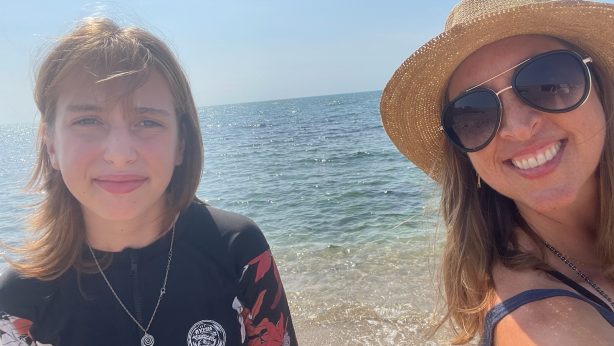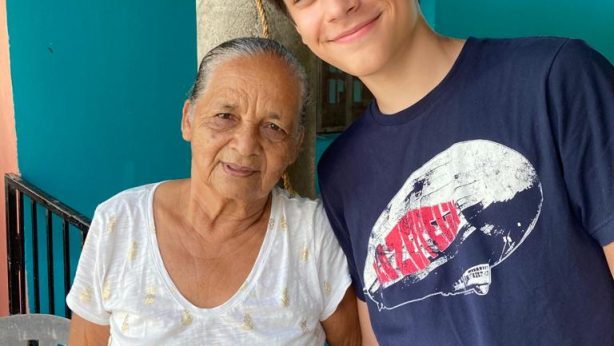Sharing Solutions for an Empowered, Equitable Honduras
Last week, organizations from all corners of Central America and the US came together for the Sustainable Honduras Conference. Throughout various workshops and conversations between professionals, students, and volunteers with focuses ranging from health and education to clean water and violence prevention, it became clear that all players working towards sustainable change in Honduras are tightly interconnected. Even people from seemingly opposite lines of work found common ground through the conference’s theme: Equity and Empowerment.
Senior Program Analyst and Gender Advisor, Regina Jun, spoke to this theme, illustrating that gender inequity has a significant correlation with extreme poverty. Across the globe, and specifically in Honduras, women are time poor and lack assets. They face restrictions to entering the labor force due to family and domestic responsibilities, safety concerns, and a plethora of other factors that prevent them from securing work. This leads to low productivity and meager incomes, creating strains on society’s legal, medical, and justice systems.
In a 2013 Honduran gender survey, one question included was “are women treated with respect and dignity?” 68% of respondents answered “no.” Jun and other conference presenters and participants highlighted the importance of looking at current social norms and accepted behaviors, and working together to respond to and prevent mistreatment of women. Part of this comes from teaching “new masculinity skills,” said Samantha Crosdaile, an expert on gender equity and gender-based violence prevention. Both women and men “need to take part in teaching boys that violence is not associated with being a man,” to foster healthy social outcomes and successfully accomplish the global sustainable development goals.
Another major issue is decision making power and access to markets for women in Honduras. Our own Adelante General Manager, Oscar Mejía, spoke on the panel “Equity and Empowerment through Entrepreneurship,” which addressed this very issue through the lens of access to financial markets and empowering women by developing their own sources of income. Oscar noted the importance of heightening self-esteem and the multiplier effect that women have on future generations, along with the importance of passing on financial education to children early in life.
Adelante has been able to serve as a gateway to financial markets, educational resources, and social support for many Honduran women struggling to escape from poverty. Our team is proud to empower women who have been marginalized by other segments of society due to geographic isolation, elderly status, indigenous heritage, and disability. Yet there is still plenty of work to be done.
For organizations to effectively work towards equity and empowerment we must learn from these conversations, bringing them out from the comfort of a conference room into local communities. Dialogue can foster new understanding, participation, and leadership from the nation’s most marginalized and disenfranchised individuals. This includes not only the women in society, but transgender individuals and others struggling for acceptance, minority indigenous group members fighting to protect their lands and traditions, and people with disabilities seeking access and inclusion.
With compassion and collaboration, is it possible that these individuals and all people can have the opportunity to improve their lives and communities and empower future generations. We look forward to working together with organizations from across Honduras working to make a sustainable collective impact!


